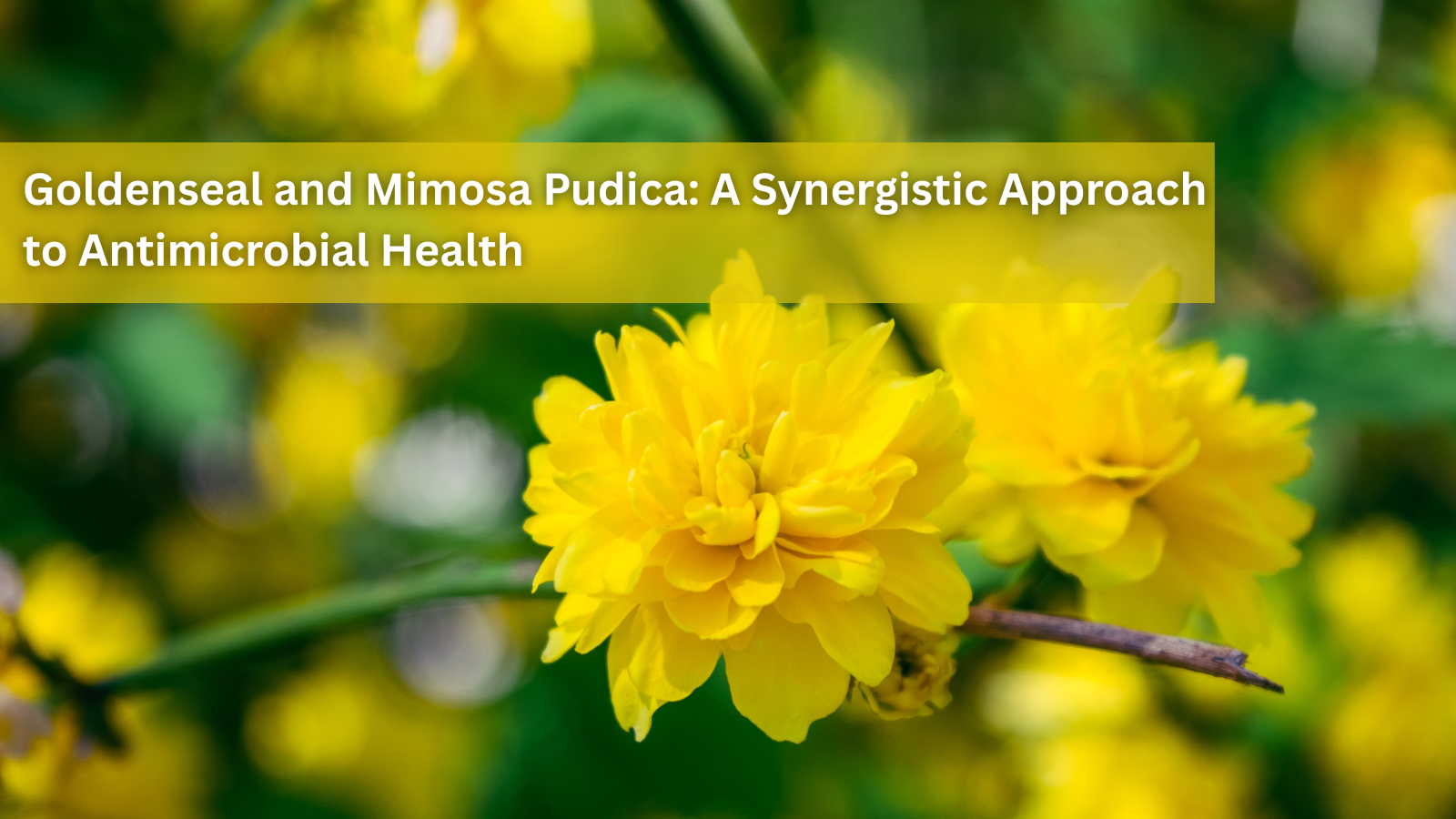Who Was Michio Kushi? The Pioneer Who Exposed the Truth About "The New Human Race" and Synthetic Medicine & Food

In 1979, Michio Kushi, a prominent Japanese health food pioneer, delivered a powerful message to the world. He boldly exposed the dangers of the growing trend of synthetic medicine and foods in his work, The New Human Race. At a time when the Western world was experiencing a surge in the use of processed foods, pharmaceuticals, and synthetic substances, Kushi's warning about the impact these would have on human health and the environment was prescient. His revolutionary ideas about nutrition and the importance of traditional, natural foods have since shaped the health food movement and influenced countless individuals seeking healthier lifestyles.
Michio Kushi: A Health Food Visionary
Michio Kushi was a visionary whose work laid the foundation for the macrobiotic diet and the modern health food movement. Born in Japan in 1926, Kushi studied the traditional Japanese approach to nutrition and healing, which emphasized whole, natural foods as the foundation of health. After moving to the United States in the 1950s, Kushi began teaching about macrobiotics, a dietary system that focuses on eating organic, unprocessed foods and emphasizes balance between yin and yang in food selection.
Kushi's teachings were influenced by the principles of Eastern medicine, which focus on the body’s natural ability to heal itself when provided with the right nutrition. By the 1970s, he was well-established as a key figure in the health food movement, and his influence spread across the United States and beyond. His focus was not just on diet but also on the holistic approach to health, which included exercise, mindfulness, and a deep connection to nature.
"The New Human Race" and the Dangers of Synthetic Medicine and Foods
In 1979, Kushi’s prophetic work The New Human Race challenged the modern industrial approach to medicine and food production. He argued that the rise of synthetic medicine and processed foods marked a dangerous turning point in human health, one that was leading people away from the natural and balanced lifestyles that had sustained human beings for centuries. His criticism was aimed at both the pharmaceutical industry and the food industry, which were increasingly prioritizing convenience and profit over health and well-being.
Kushi believed that the widespread adoption of synthetic chemicals and artificial substances was eroding the physical and mental health of society. The introduction of synthetic foods, he argued, led to nutrient deficiencies, weakened immune systems, and an overall decline in health. At the same time, the over-reliance on pharmaceutical drugs and medical interventions to treat ailments was causing an increase in chronic diseases, many of which could be prevented or healed through natural approaches.
Synthetic Medicine: A Dependency on Quick Fixes
One of Kushi's main criticisms was the growing dependence on synthetic medicine to "fix" health problems rather than addressing the root causes through proper nutrition and lifestyle changes. He believed that synthetic drugs, while offering short-term relief, often led to long-term side effects and imbalances within the body. Kushi argued that these medications failed to recognize the body's inherent capacity to heal itself when given the right conditions.
In The New Human Race, Kushi made it clear that the true path to health and longevity was not through synthetic interventions but by returning to traditional, natural healing practices. He promoted a lifestyle that included whole grains, vegetables, sea vegetables, fermented foods, and a balanced approach to living that respected both the body's natural rhythms and the environment.
Synthetic Foods: The Loss of Natural Nutrients
Kushi was also outspoken about the impact of synthetic foods on human health. The industrialization of food production, which began in the mid-20th century, saw the widespread introduction of processed and refined foods, often loaded with artificial additives, preservatives, and flavor enhancers. Kushi argued that these foods, devoid of the natural nutrients found in whole foods, were contributing to a rise in diseases like obesity, diabetes, and heart disease.
In contrast, Kushi advocated for organic, locally sourced, and minimally processed foods. He promoted the idea that food should be a source of nourishment for the body, not merely a means of filling the stomach. By adopting a diet based on whole, natural foods, Kushi believed individuals could maintain optimal health, prevent disease, and live longer, more vibrant lives.
A Holistic Approach to Health
What set Kushi apart from many of his contemporaries in the health food movement was his emphasis on a holistic approach to health. For Kushi, diet was just one piece of the puzzle. He encouraged individuals to adopt a balanced lifestyle that included regular exercise, mental well-being, spiritual practice, and a connection to the natural world. His teachings extended beyond food, urging people to align their personal lives with nature’s rhythms and cycles.
Kushi was also an advocate for sustainable living, encouraging individuals to be mindful of their impact on the environment. He saw the health of the planet as intrinsically linked to the health of its inhabitants. By eating organic foods, supporting local farmers, and reducing reliance on processed goods, Kushi believed people could make a positive impact on both their own health and the environment.
Legacy and Influence
Michio Kushi's ideas were groundbreaking at the time, and his influence has continued to grow over the decades. His work helped to pave the way for the rise of organic food movements, the promotion of plant-based diets, and the growing emphasis on sustainable and holistic health practices. Today, Kushi’s teachings are still relevant as people continue to search for ways to live healthier, more natural lives in an increasingly synthetic world.
While the modern food and pharmaceutical industries have evolved since Kushi’s time, his warnings about synthetic medicine and processed foods continue to resonate. As people become more aware of the dangers of over-reliance on synthetic substances and artificial foods, Kushi’s message about the importance of returning to natural, whole foods and holistic living remains an important call to action.
Conclusion
Michio Kushi’s work in 1979, particularly in The New Human Race, exposed the dangers of synthetic medicine and processed foods long before these issues became mainstream concerns. As a health food pioneer, he advocated for a return to natural healing practices and the consumption of whole, organic foods to support the body’s innate ability to maintain health. Kushi’s holistic approach to health and his focus on sustainability have left a lasting impact on the health food movement and continue to inspire those seeking to live healthier, more balanced lives. His prophetic warnings about synthetic substances remain as relevant today as they were more than four decades ago.
References:
- Kushi, M. (1979). The New Human Race. New York: Macmillan.
- Kushi, M. (1985). The Macrobiotic Way: The Complete Macrobiotic Diet and Exercise Book. New York: Penguin Books.
- Scharffenberg, J. (1997). The Health Food Movement: The Challenge of Michio Kushi. Journal of Natural Food and Nutrition, 34(2), 87-92.

October 14, 2025
Reversing Cavities Naturally: What You Need to Know About Oral Health
It All Starts in the Mouth: Your Gateway to Health You don’t often hear about reversing cavities naturally — not because it’s impossible, but because it’s rarely discussed. Much of modern dentistry focuses on treatment rather than preven...
Read more
October 14, 2025
Some Historic Policy Shifts Against Animal Cruelty
When President Donald Trump made animal cruelty a federal crime in 2019, it marked the beginning of a sweeping transformation in how the federal government approaches animal welfare. Now, in his second term, the administration is quietl...
Read more
October 14, 2025
Goldenseal and Mimosa Pudica: A Synergistic Approach to Antimicrobial Health
Goldenseal (Hydrastis canadensis) and Mimosa pudica are two plants renowned for their medicinal properties. Goldenseal has been traditionally used for its antimicrobial effects, primarily attributed to berberine, a potent alkaloid. Mim...
Read more




Leave a comment